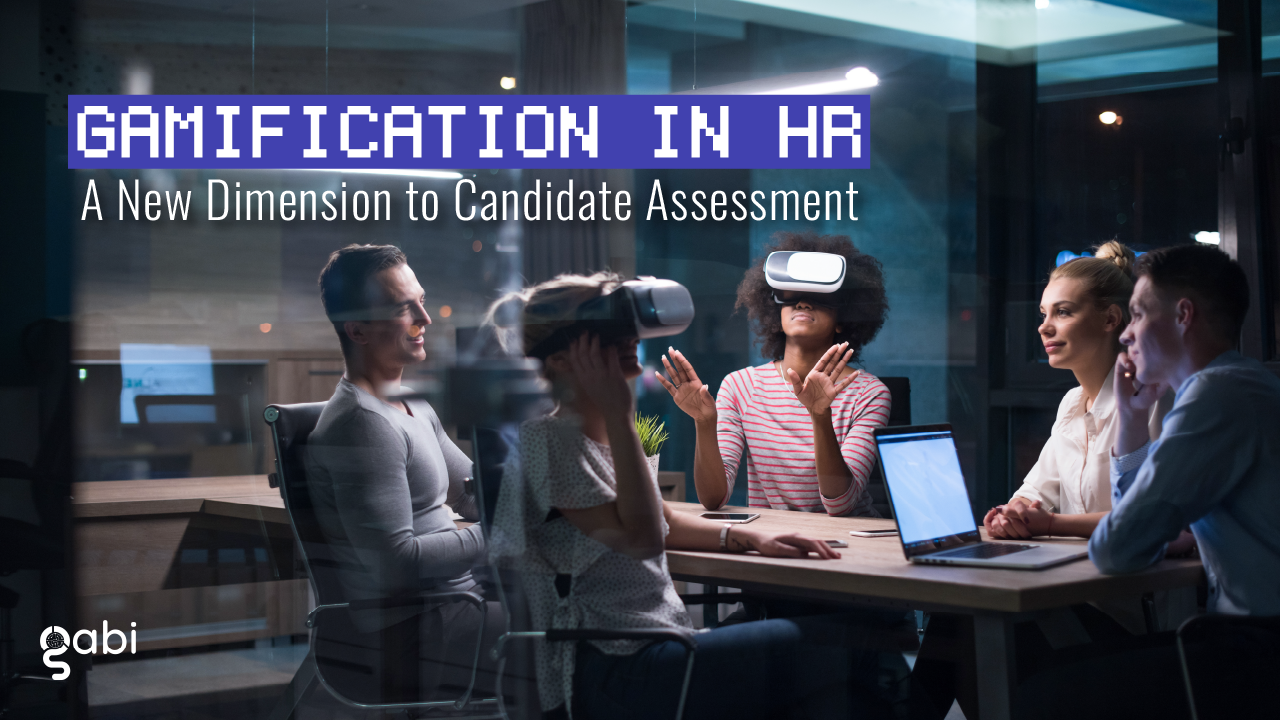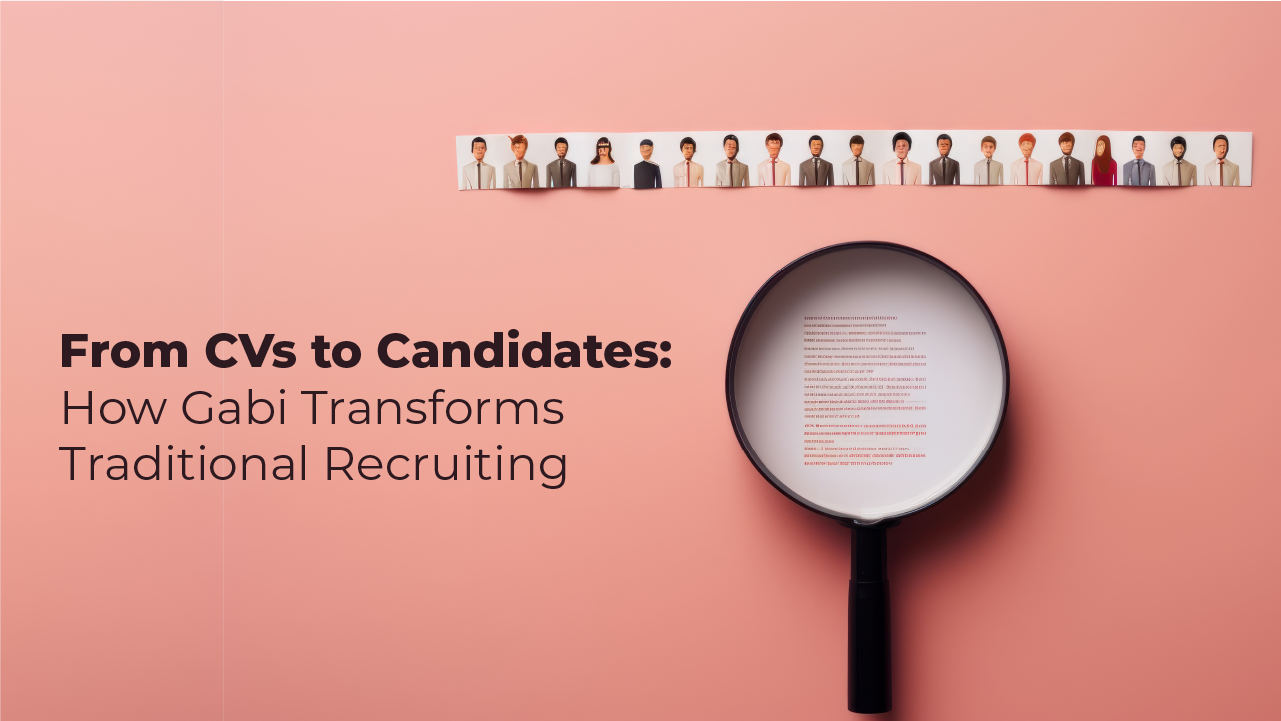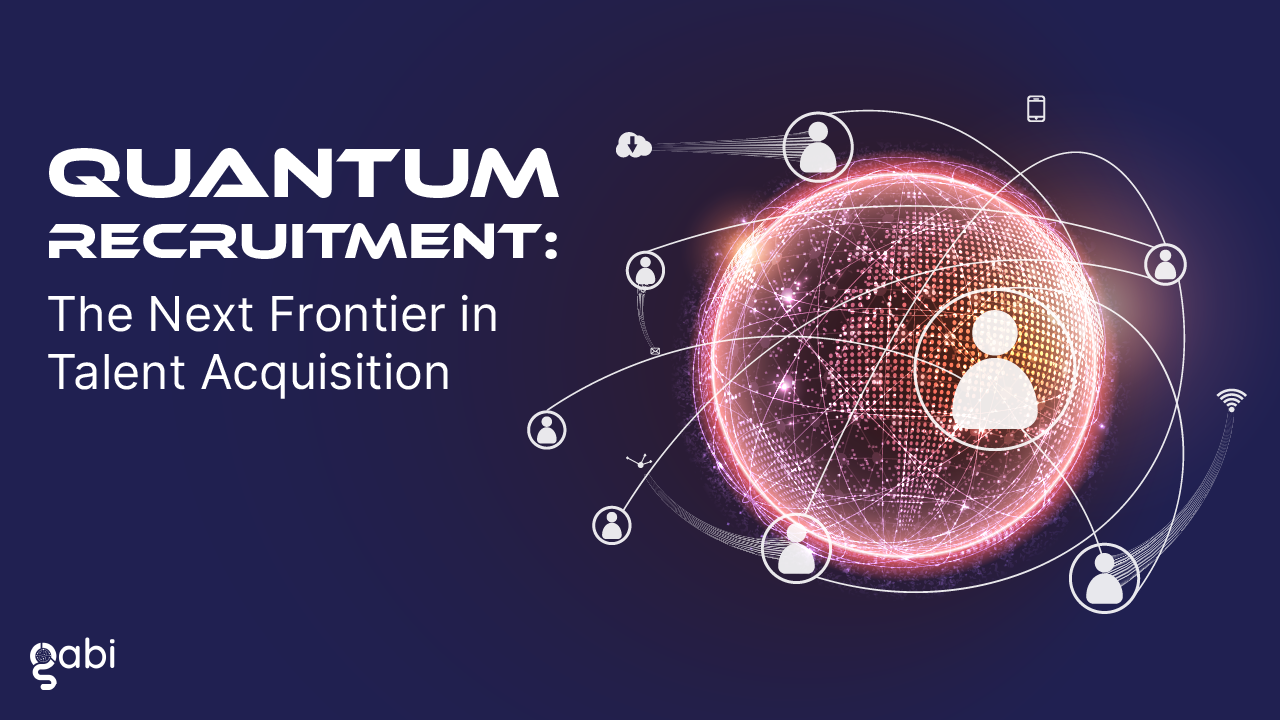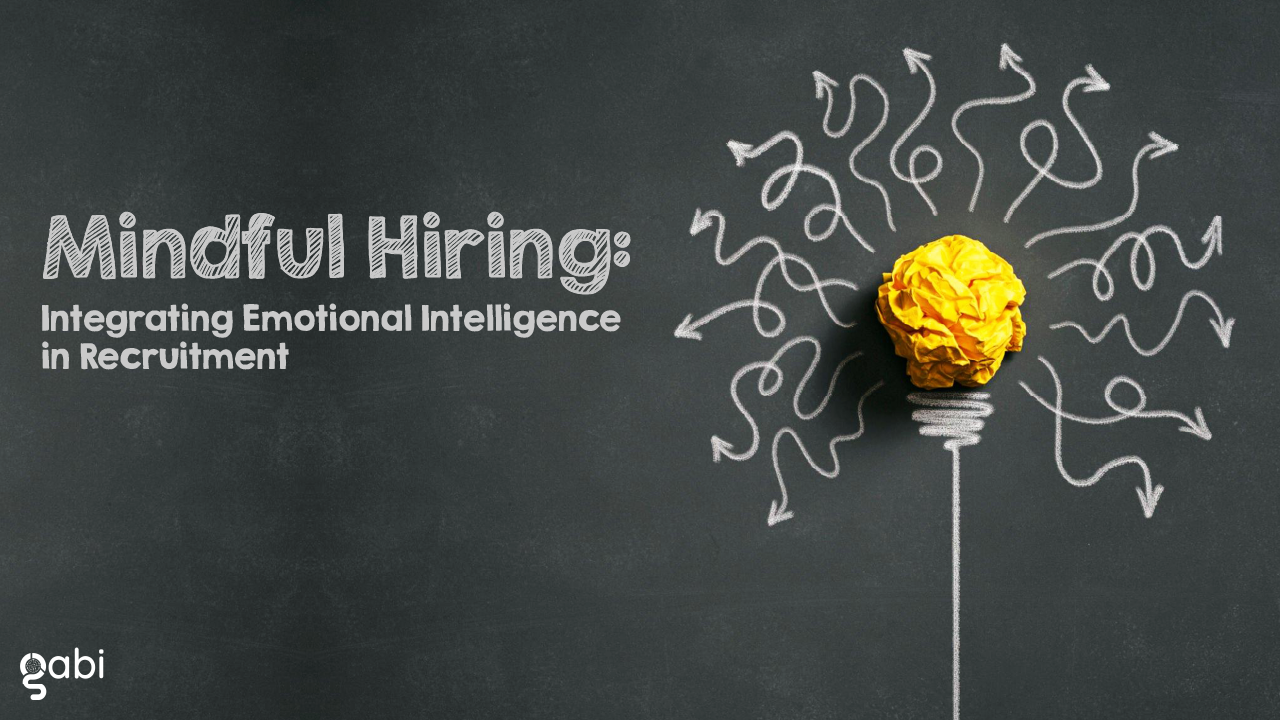Did you know that candidate assessments are now being reimagined through the lens of gamification?
This innovative approach introduces interactive elements to the recruitment process, transforming candidate evaluation into an engaging and insightful experience for employers and potential hires.
Let’s delve into the key benefits of incorporating gamification in candidate assessment. Together we’ll explore how to implement gamified techniques in the recruitment process, understand the principles behind designing effective skills tests, and discuss ways to enhance the candidate assessment process.
Key Benefits of Incorporating Gamification in Candidate Evaluation
There are plenty of benefits when it comes to gamification in the hiring process. Here are some reasons why you should consider gamification whenever you evaluate candidates:
1. Enhanced Candidate Engagement
One of the primary advantages of integrating gamification into candidate assessment is the heightened level of engagement it brings to the process.
Gamified elements, such as interactive scenarios, challenges, and cognitive ability tests turn the evaluation into a more enjoyable and immersive activity.
2. Real-time Skill Evaluation
Gamified candidate assessments allow for the real-time evaluation of candidates’ skills and competencies. Interactive games and simulations provide a dynamic environment where candidates can effortlessly showcase their abilities.
Whether assessing problem-solving skills, leadership capabilities, or teamwork, gamified assessments create scenarios that closely mimic real-world challenges.
3. Data-Driven Decision Making
Adding gamification to your candidate assessment process generates rich data that goes beyond traditional metrics.
The detailed analytics derived from candidate interactions, personality tests, and job knowledge tests provide valuable insights into their problem-solving approaches, strategic thinking, and adaptability.
4. Improved Diversity and Inclusion
Traditional assessment methods may inadvertently introduce biases into the hiring process. Gamification, when designed with inclusivity in mind, can help mitigate these biases.
By focusing on skills and competencies rather than relying solely on resumes or standardized tests, gamified assessments provide a more level playing field.
Implementing Gamified Techniques in the Recruitment Process
Looking for better recruitment assessment tools? Then look no further, gamified techniques are the name of the game.
1. Identify Targeted Skills
Before implementing gamified techniques, it’s crucial to identify the specific skills and competencies you want to assess.
Whether it’s problem-solving, communication, or technical proficiency, having a clear understanding of the targeted skills will guide the design of the candidate assessment test.
2. Collaborate with Game Design Experts
While HR professionals are experts in talent assessment, designing engaging and effective games requires a different skill set.
Collaborating with game design experts can ensure that the gamified elements are not only entertaining but also aligned with the goals of the assessment. This collaboration can result in scenarios that accurately reflect the challenges candidates will face in the actual role.
3. Provide Clear Instructions
Clear communication is essential to the success of gamified assessments. Candidates need to understand the rules and objectives of the games to ensure a fair evaluation.
Providing clear instructions and an overview of how the assessment aligns with the job requirements can enhance the candidate experience and facilitate a more accurate evaluation.
4. Integrate Gamification into Various Stages
Gamification doesn’t have to be limited to a single assessment stage. Consider incorporating gamified elements into different stages of the recruitment process, from initial screening to final interviews.
This allows for a more comprehensive evaluation and keeps candidates engaged throughout the entire journey.
Designing Effective Gamified Assessments for Skill Evaluation
Skill evaluation can be a bit of a challenge these days. Luckily, you can add gamification to your candidate screening process.
1. Scenario-Based Challenges
Designing scenario-based challenges allows candidates to demonstrate how they would approach real-world situations.
Whether it’s solving a complex problem, managing a team, or navigating a simulated work environment, scenario-based challenges provide a glimpse into a candidate’s practical skills.
2. Role-Playing Exercises
Role-playing exercises immerse candidates in situations they might encounter in the role. This can include simulated interactions with clients, team members, or challenging scenarios that require quick decision-making.
Role-playing assessments assess not only technical skills but also interpersonal and communication abilities.
3. Interactive Simulations
Interactive simulations create a dynamic environment where candidates can actively engage with the content.
Whether it’s navigating a virtual workspace, responding to dynamic challenges, or participating in decision-making scenarios, interactive simulations provide a more realistic and immersive assessment experience.
4. Gamified Aptitude Tests
Transforming traditional aptitude tests into gamified formats adds an element of fun to what is often considered a tedious process.
Whether it’s a timed puzzle, a strategic challenge, or a quiz with interactive elements, gamified aptitude tests can capture candidates’ attention while evaluating their cognitive abilities.
Improving Candidate Engagement through Interactive Assessments
Before you administer candidate assessments, it’s important to make sure that they are interactive and engaging. Here’s how:
1. Personalized Feedback
After completing a gamified assessment, candidates appreciate personalized feedback on their performance.
This not only helps them understand their strengths and areas for improvement but also enhances the overall candidate experience. Providing constructive feedback demonstrates transparency in the evaluation process.
2. Mobile-Friendly Platforms
Considering the prevalence of mobile devices, ensuring that gamified assessments are accessible on various platforms is crucial.
Mobile-friendly platforms allow candidates to engage with assessments at their convenience, promoting flexibility and accommodating different preferences.
3. Incorporate Storytelling Elements
Adding storytelling elements to gamified assessments enhances engagement by creating a narrative around the challenges presented.
Story-driven scenarios not only capture candidates’ interest but also provide context for the skills being assessed, making the experience more memorable and meaningful.
4. Gamified Skill Development
Extend the engagement beyond assessment by incorporating gamified skill development modules.
Offering candidates the opportunity to enhance their skills through interactive games not only adds value to their experience but also aligns with the growing trend of continuous learning and professional development.
Bottom Line
Gamification in HR brings a new dimension to candidate assessment, offering benefits like enhanced engagement, real-time skill evaluation, data-driven decision-making, as well as improved diversity and inclusion.
Cutting-edge AI can also be one of your go-to candidate assessment tools. With Gabi Labs’ supercharged, cloud-based platform you can now unlock the benefits of gamified evaluations, seamlessly integrated with Gabi’s advanced algorithms. From personalized feedback to mobile-friendly experiences, Gabi Labs is your ultimate ally in identifying top talent. Try it out today!





